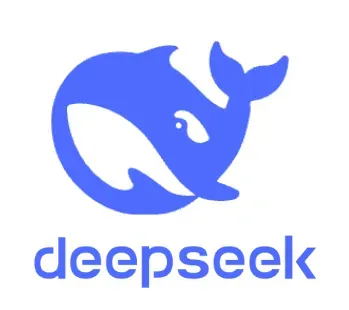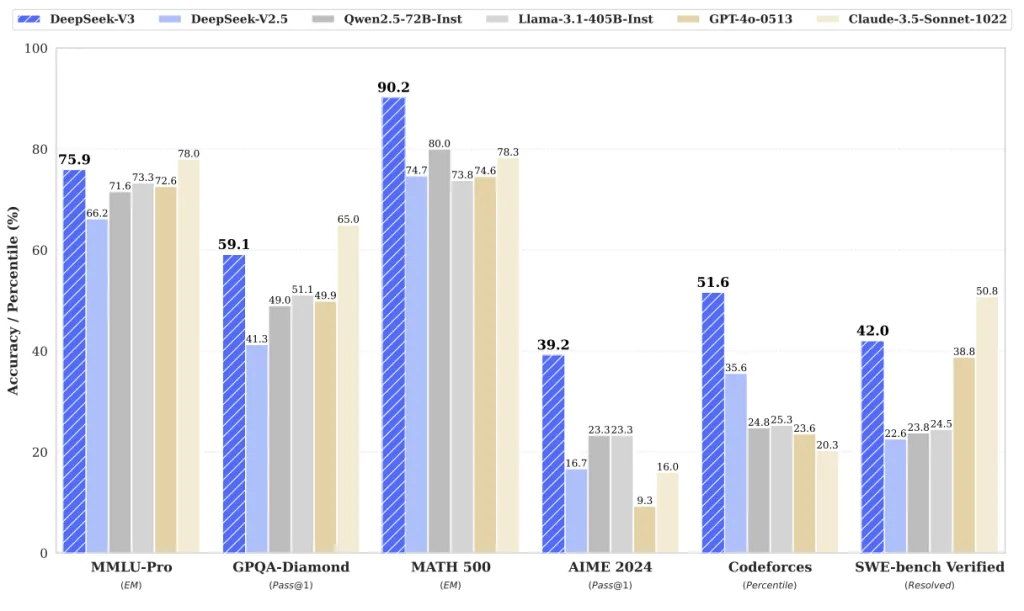Alright, let’s dive into this. The AI world is heating up, and DeepSeek, a Chinese AI startup, is making waves that are shaking Silicon Valley to its core. The big question? Is the US losing its grip on AI dominance? Spoiler alert: it’s looking that way. Here’s why.
- DeepSeek: The CHINESE AI That’s About to DOMINATE the World
- The Shocking Truth About OpenAI: From Whistleblower Deaths to OpenAI rogue AI behavior
- 🤯 Leaked! OpenAI Project Strawberry: Is This the Beginning of the End?
DeepSeek: The Game-Changer
DeepSeek is the new kid on the block, but it’s packing some serious heat. Their latest model, DeepSeek-R1, is not just competing with OpenAI’s GPT-4 and Google’s Bard—it’s beating them in some areas. And here’s the kicker: they’re doing it for a fraction of the cost. While OpenAI and Google are spending hundreds of millions (or even billions) on training their models, DeepSeek built R1 for just $5.6 million. Yeah, you read that right. That’s like building a Lamborghini on a Toyota budget.
But it’s not just about the money. DeepSeek’s models are open-source, meaning anyone can use, tweak, and improve them. This is a huge deal because it democratizes AI, making it accessible to smaller companies and researchers who can’t afford the hefty price tags of closed-source models like GPT-4.

Open Source vs. Closed Source: The Battle Lines
The AI world is split into two camps: open-source and closed-source. OpenAI and Google are in the closed-source camp, keeping their tech under lock and key. DeepSeek, on the other hand, is all about open-source. They’re sharing their models with the world, and it’s causing a seismic shift in the industry.

- Open Source Pros: Transparency, collaboration, and affordability. DeepSeek’s open-source approach lets researchers and developers build on their work, accelerating innovation. Plus, it’s way cheaper to use.
- Closed Source Pros: Control and security. Companies like OpenAI can protect their tech from misuse, but it comes at the cost of accessibility and higher prices.
DeepSeek’s success is forcing the big players to rethink their strategies. OpenAI and Google are under pressure to lower prices or risk losing market share.
Why the US Is Losing Ground
Here’s where it gets spicy. The US has been trying to slow China’s AI progress with sanctions, like restricting access to advanced chips. But guess what? It’s backfiring. Instead of crippling China’s AI industry, these sanctions are pushing companies like DeepSeek to innovate harder. They’re finding ways to do more with less, like using lower-powered chips and optimizing their algorithms.

Meanwhile, US companies are stuck in a spending arms race. Meta just announced a $65 billion AI budget for 2025, and OpenAI’s Sam Altman says the industry needs trillions to keep up. But DeepSeek is proving that you don’t need to break the bank to build cutting-edge AI.
The Bigger Picture
DeepSeek’s rise isn’t just about AI—it’s about geopolitics. China is closing the gap with the US in the AI race, and DeepSeek is leading the charge. Their success shows that innovation thrives under constraints, and it’s a wake-up call for the US. If America wants to stay ahead, it needs to focus on fostering innovation at home instead of relying on sanctions to slow China down.
What’s Next?
The AI war is far from over, but DeepSeek has changed the game. Open-source models are here to stay, and they’re leveling the playing field. The US needs to adapt, or it risks losing its edge in one of the most important technologies of our time.
So, what do you think? Is the US losing the AI war? Let’s hear your thoughts. And hey, read this till the end—because the future of AI is being written right now, and you don’t want to miss it.









